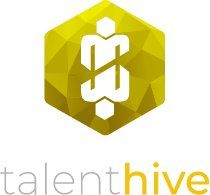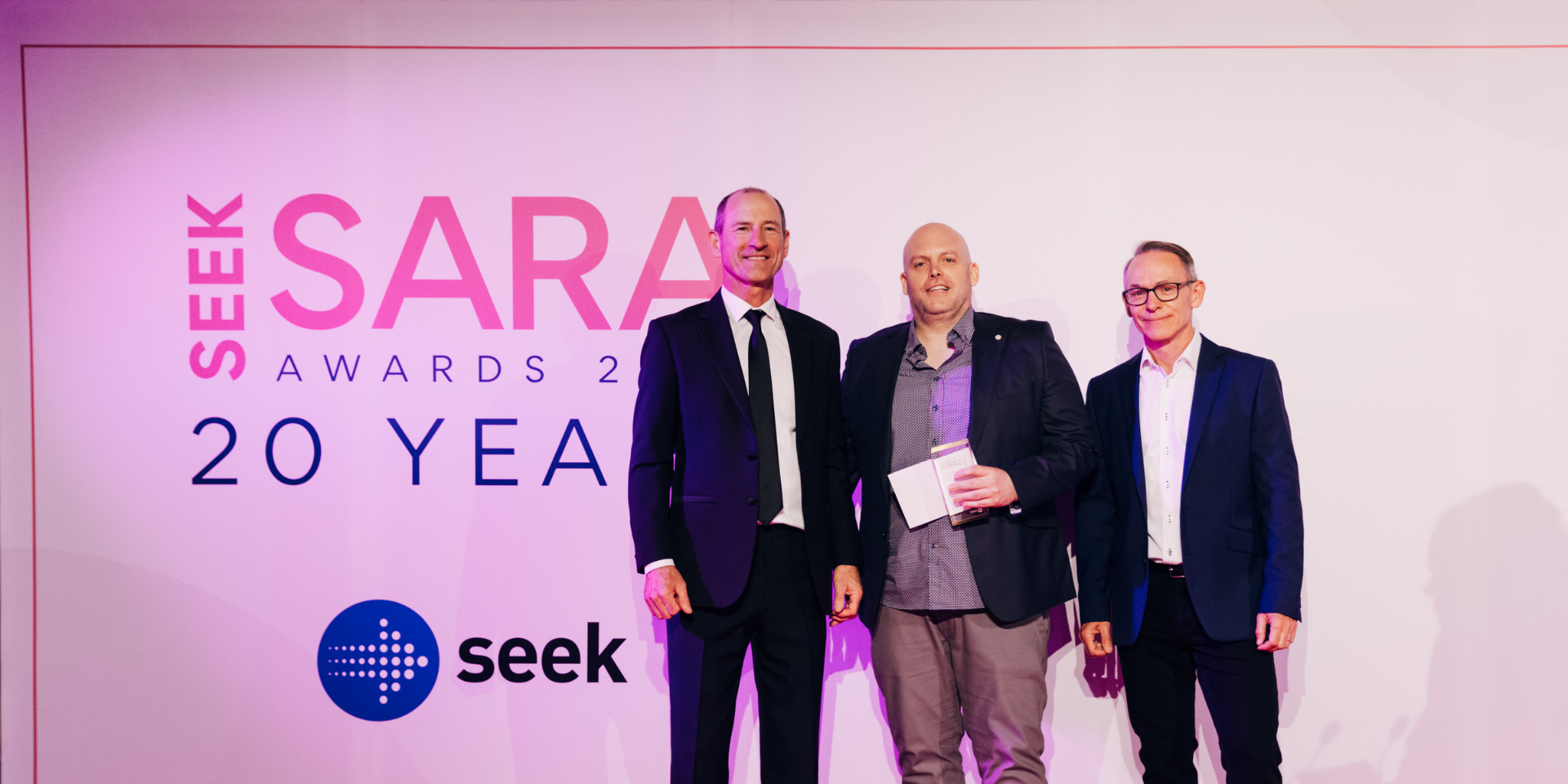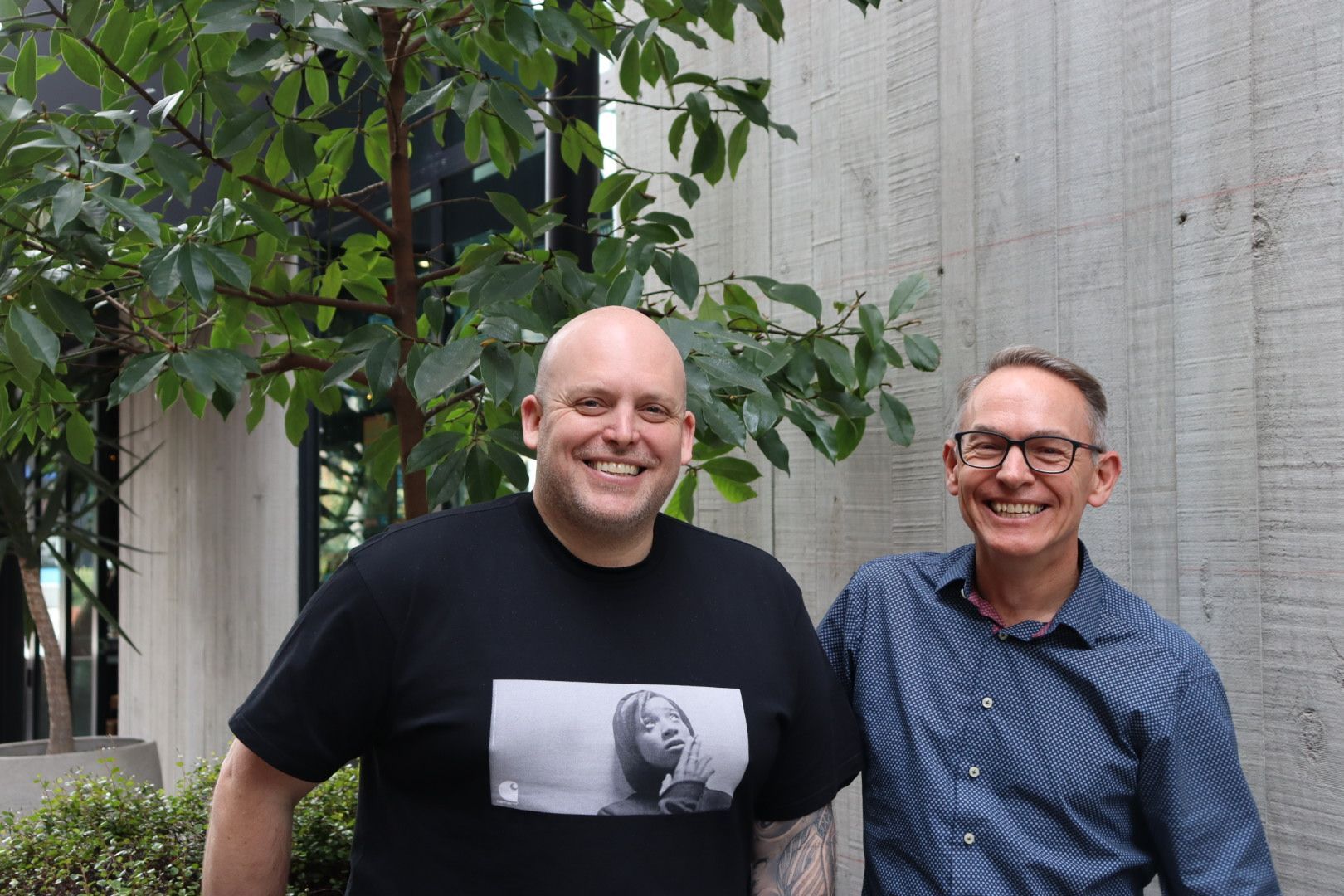Accepting That New Job Offer Might Make You or Break You
Looking for a job is one of the most stressful things we do in life (it is infinitely less stressful if you engage The Talent Hive of course :0). First, there are the weeks and months spent procrastinating over whether you should even leave your current role. Next, you fret over the state of your CV and rustle together references, all the while keeping quiet about your plans at work. Then comes the application process and tortuous rounds of interviews, punctuated by horrendous waiting periods. Oh, the waiting!
Best case scenario: you’re offered the job. You thought you were anxious before, but this is next level stress. Your potential employer wants things to move quickly. Now you start wondering if this dream job will become a nightmare. Is this the right move? Should you hold out for a better offer? Are you even doing the right thing quitting the comfy, familiar surroundings of your existing position?
We’ve identified six key metrics to focus on when considering a job offer. Think carefully about each of these before you take the plunge.
The People
A network of supportive, knowledgeable colleagues is crucial to job satisfaction. ‘A company is only as good as its people’ goes the adage, and just because it’s been said a million times doesn’t make it any less true.
Obviously, there’s a limit to how much you can learn in an interview (although sites such as Glassdoor can give you some useful insights into a company). There will probably be no more than three company representatives present. It’s a stressful situation for all involved, but you can glean information about the organization from the way they conduct the interview. How well-prepared are they? What are your first impressions of their personalities and conversation style? Make a mental note of the questions asked and ruminate on them later (this is far more useful than agonizing over the responses you gave).
Ask some questions about the rest of the employees. How old are they, on average? The closer the median age is to yours, the more likely it is you’ll have things in common, both professionally and socially. Many businesses have detailed staff information on their websites, so be sure to read this material as thoroughly as the rest of your research.
The Culture
The attitudes, objectives and values of a company should jive with your own. Again, don’t be afraid to ask questions in the interview. Is the company culture primarily competitive or collaborative? Are they result-oriented or people-oriented? What is their mission statement?
Working towards goals that you fundamentally disagree with is a recipe for unhappiness, no matter how golden the carrot being dangled in front of you is. It may be that you simply want to work for the salary, and that’s fine – as long as everyone’s on the same page and you don’t actively dislike what the business stands for. Remember, this will be your home from home, the place where you’ll be spending the majority of your waking life. Attempting to rewrite your personality to fit in won’t work in the long run.
The Expectations
You have the job description in black and white, but that’s not the whole story. All jobs come with implicit expectations. It’s important to establish what those are before accepting a new position.
Going beyond the call of duty may mean the difference between career progression and stagnation, so use the interview to gather information on what each department does, and whether there is any cross-over with your department. Find out what their position on overtime is – if they bring it up of their own volition or are very quick to answer your questions, you can be sure that overtime is expected of staff.
The Timing
Most employers will try to get you on board quickly. It’s par for the course. Yes, you want to seem eager, but there’s no point committing to a new role next week if you can’t quit your current job until next month. If they want you, they’ll understand.
Serving notice isn’t the only consideration. If you’re moving to a new city you have to find accommodation and tie up loose ends at home. There are creditors to inform of your change in circumstances, and a whole home’s worth of appliances and furniture to buy. There’s the expense and inconvenience of putting your finances in order. Starting a new job in a new place is an extraordinary commitment. Give yourself as much time as possible so that when you finally show up for day 1 at work, you’re not already burnt out.
The Future
The job offer might look really attractive now, but is there room for personal growth? Will the role challenge and enhance your skill set?
Larger companies may offer training and development opportunities; smaller ones are often more likely to give you a wider range of responsibilities and allow you to play a part in decision-making processes.
Don’t take a job without at least a rough idea of where it will lead. Of course, you may be looking for job stability more than career advancement. That’s fine – but find out what the attrition or turnover rate is for staff. Whether its progression or security you’re after, it’s imperative that you make an informed choice based on what the company – and the wider industry – has to offer you.
The Money
Is the remuneration package commensurate with your skills and the expectations of the role? Compare similar jobs in the market to find out. Take into consideration other perks. Health insurance, annual leave, Kiwisaver contributions, sick pay and training opportunities can significantly increase the monetary rewards.
The starting salary is just that, so consider how quickly it will take you to progress to the next step on the ladder. There’s not much point accepting an attractive salary if it remains stagnant for the next five years.
Finally, try to keep a sense of perspective on the financial rewards. Once you factor in getting ready each morning, commuting, and the time it takes to decompress after a day’s graft, the majority of your waking life will be spent at work. Does an extra few grand a year really compensate you for a job that’s much more stressful than your current one? The grass may look greener, but remember this: your existing vantage point is ‘the other side’ to someone.
Marc is a Director of The Talent Hive and leads our IT recruitment practice. Originally from the UK, Marc has been living in Christchurch, New Zealand for ten years and working in the recruitment sector for just as long. Marc has worked as an in-house recruiter and within multinational recruitment consultancies and independent SME recruitment businesses.
At The Talent Hive we specialise in connecting IT & Engineering professionals with the right career opportunities. We encourage collaboration, socialising your success and sharing industry insight and expertise. Start the journey, connect with The Talent Hive today.

The challenge
With the consequences of climate change a now very real threat for companies and organisations, adopting a sustainable approach has become a necessity, not just a nice-to-have. While that’s good news for DETA, which has benefited from an increased market opportunity, it’s thrown up a few challenges to navigate -
namely people resources. With new projects and leads coming in thick and fast, DETA had a decision to make; turn away new clients because they didn’t have the appropriate people onboard to assist, or say yes to every opportunity and find the talent to make it happen.
DETA decided on the latter approach, so needed to scale up their engineering capacity, and do it rapidly. They chose to outsource their talent attraction to an engineering recruitment specialist, and haven’t looked back since.
After doing their due diligence, DETA made the decision to partner with Talent Hive, citing Talent Hive’s reputation for reliability and their history of delivering high-quality candidates’ as two of the key driving factors for their decision.
Our approach
After consulting with DETA’s General Manager of Operations to scope out roles and define the company’s goals, Talent Hive’s Director of Engineering, Matt Love- Smith got to work tailoring their award-winning Talent Acquisition Programme to attract the most suitable talent for the roles.
Their sourcing strategy included:
- Drawing on Talent Hive’s wealth of industry connections and networks
- Using database technology to complete a comprehensive market scan of candidates
- Warming up passive talent with targeted social media marketing campaigns
- Creating and hosting a customised talent landing page, in conjunction with an internal and external referral system in order to build awareness around DETA’s work, their company values, and to make it easy for candidates to learn more about the roles and apply.
By strategically sourcing and engaging only the highest calibre of passive candidates, Talent Hive accelerated time to value and achieved an impressive interview-to-offer ratio, drastically reducing the time DETA’s Hiring Manager was required to attend interviews.
"It's been a pleasure working with Talent Hive on finding technical recruits. Matt's diligence and dedication has made what we thought would be a difficult process, a seamless and stress-free one. Despite a shortage of talent, Matt has consistently secured us a high- calibre of candidates, which has set us up for success."
- Callum Streeter, GM Operations, DETA

Key outcomes delivered
- 100% of roles filled
- 100% of candidates hired within agreed timeframe and budget
- 50% of candidates hired ahead of target
- 60% of candidates interviewed by DETA offered roles. A further 25% of candidates being considered for future hires
- Talent Hive received five star ratings from DETA’s Hiring Manager (5/5 avg) and (4.95/5 avg) from candidates on sourcr.com
- Talent Hive re-engaged to manage DETA’s Graduate Recruitment Programme for the 2023 intake. This has been successfully completed
We're here to help you thrive, so if you have a project in the pipeline or you're turning down business because you don't have the right people onboard, visit us at talenthive.nz and let us help you achieve your business goals.
Christchurch:
2/38 Southwark Street
Christchurch
PO Box 162
8140
Powered with 💛 by Shazamme











